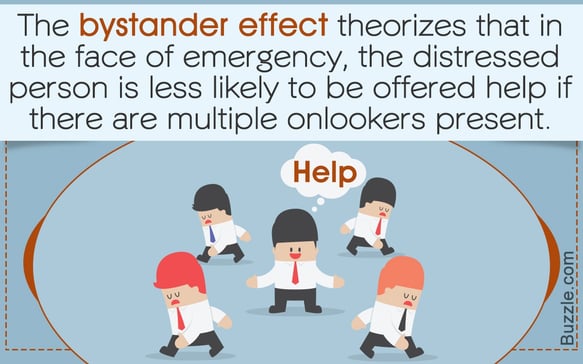We often talk about safety preparation at Joffe, and for good reason. Preparation allows for people to make confident, correct decisions in a stressful situation. Generally speaking, we focus on preparing our school, business, and event clients for emergencies on their campus or grounds. Of course, emergencies can happen anywhere and at anytime.This blog post is targeted for that more general safety question: If you encounter an emergency, should you jump in and help?

Really, the better question would be: In what way can I help? Remember, the last thing an emergency needs is another victim. If you don’t feel comfortable or aren’t knowledgeable enough to provide assistance, you may end up requiring some yourself. A lot of critical information about a situation can be gained quickly through observation.
Rather than jumping in immediately, (an admirable instinct, to be sure) try to discern what happened, how many people need assistance, and other scene-establishing details. Then, consider what you have available to protect yourself with if you decide to help: a mask or glasses to protect your eyes; gloves to keep bodily fluids off your hands, or situation-appropriate clothing (closed-toe shoes in a scene with broken glass).
It’s basic, but one of the most impactful things a bystander can do is call 911. When you do, remember the six W + Hi acronym to provide the dispatcher with all needed information.
- Where are you calling from? (So that help goes to the right place)
- What is the reason for the call?
- What services are needed? (Fire, ambulance, police)
- Weapons?
- When did this problem begin? (Timeline, if known)
- Why did this happen? (assault, robbery, fire, accident)
- How many people are in need of assistance?
- Is anyone injured?
Once emergency services arrive, it is important that any persons who assisted or witnessed the event to stay until they are told they can leave by the authorities at the scene. There is a high likelihood that your name and contact information will be needed for post-action reports, so do your best to be patient while staying out of the way.
We provide CPR/First Aid/AED certifications for many of our school friends, and in the end, that sort of personal preparation is the best way to feel comfortable jumping in in a variety of emergencies. Never provide care outside of your training or expertise, but feel free to continue to expand your preparation and capabilites. While we hope you never have to put your preparation into action, the world will be be better off knowing that you can.

